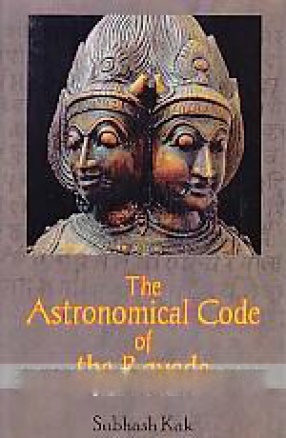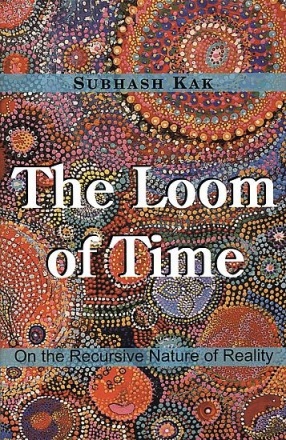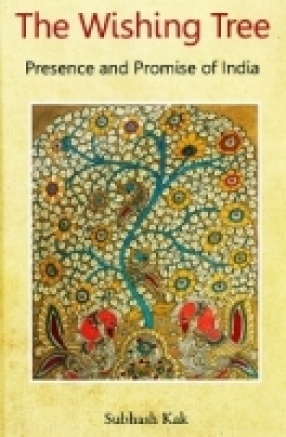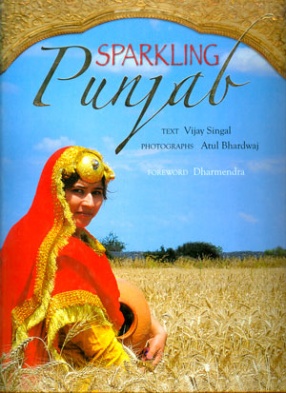Not only the sign for zero, but also the binary number system, the ideas of metarules, algebraic transformation, recursion, hashing, mathematical logic, formal grammars, and high level language description arose first in India. Indian mathematical science had already reached dizzying heights about 2,500 years ago by the time of Panini and Pingala, considered by tradition to have been brothers. Panini’s grammar for Sanskrit, which is equivalent in its computing power to the most powerful computing machine, has not yet been matched for any other language, while Pingala described the binary number system. This classic book of contributions by the leading scholars in the world presents an overview of these seminal contributions to computer science. It also includes chapters on models and computation in astronomy and cognitive science.
The Astronomical Code of the Rgveda
$20.70
$23.00








There are no reviews yet.